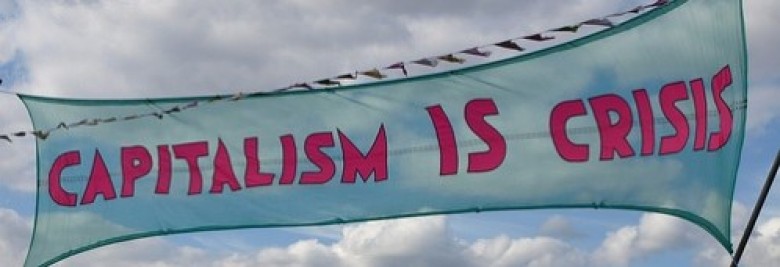RADICAL AESTHETICS AND POLITICS
Call for Papers
Conference: “Radical Aesthetics and Politics: Intersections in Music, Art, and Critical Social Theory”
9 December 2011
Hunter College, CUNY
In the past few decades, the study of sonic, visual, textual, and other media practices have emerged as productive areas of cultural analysis and critique. Often constitutive of paradoxes and tensions within society, these aesthetic practices have prompted critical engagements with structures of power and knowledge. Researchers and artists have sought to deconstruct particular relationships between aesthetics and power, creating renewed and emergent questions with which current social theory must engage. For instance, how might we think about the “public sphere” in terms of nodes of encounters with the sonic, the visual, and the textual? What forms of political action and sociality emerge from civic engagements with visual, sonic, and textual culture? How are sonic and material landscapes engaged with as embodied practices? What might this imply about the corporeality of the political, the ethical, and the technological? What are the disjunctures and syntheses between artists’ and scholars’ concept-driven productions and the ways in which audiences interpret and construct life-worlds with these productions?
This multidisciplinary conference aims to explore these questions centering on the intersections between aesthetic practices and radical political action. We invite papers that engage with any practices within sonic, visual, and textual culture, and that understand these not merely in terms of the symbolic or the ideal, but also in terms of the material relations embedded within these practices. This conference will thus be concerned with the ideological lives of aesthetic practices. Rather than focusing solely on overtly politicized artistic expression, however, this conference interrogates the boundaries of the political in music and art (and vice versa). We aim to take a radical approach to aesthetics and politics by getting at the root of knowledge systems and changing the concepts of contemporary political, ethical, and aesthetic debates. This conference thus asks how we may think through and act on political commitments in art and music, and how social theory may displace and elaborate on the concepts of cultural and ethical debates.
We invite proposal submissions from scholars, students, musicians, and artists that address the following and related themes:
Visual/Sonic Publics
Cosmopolitanism and Nationalism
Ownership and Property
Feminism and Queer Theory
Governmentality
Performance
Consumption and Material Culture
Critical Race Studies
Affect, Sensation, and Embodiment
New Economies
Labor
Language, Speech, and the Voice
Technologies and Media
Space and the Environment
Please submit a 200-300 word proposal, including a title and full contact details to Portia Seddon (portiaseddon@gmail.com) by August 15, 2011.
This conference is organized by Critical Studies in Expressive Culture (http://chreculture.blogspot.com/) and by the Department of Anthropology at Hunter College, CUNY (http://maxweber.hunter.cuny.edu/anthro/).
Posted here by Glenn Rikowski
The Flow of Ideas: http://www.flowideas.co.uk
Cold Hands & Quarter Moon: http://www.myspace.com/coldhandsmusic













